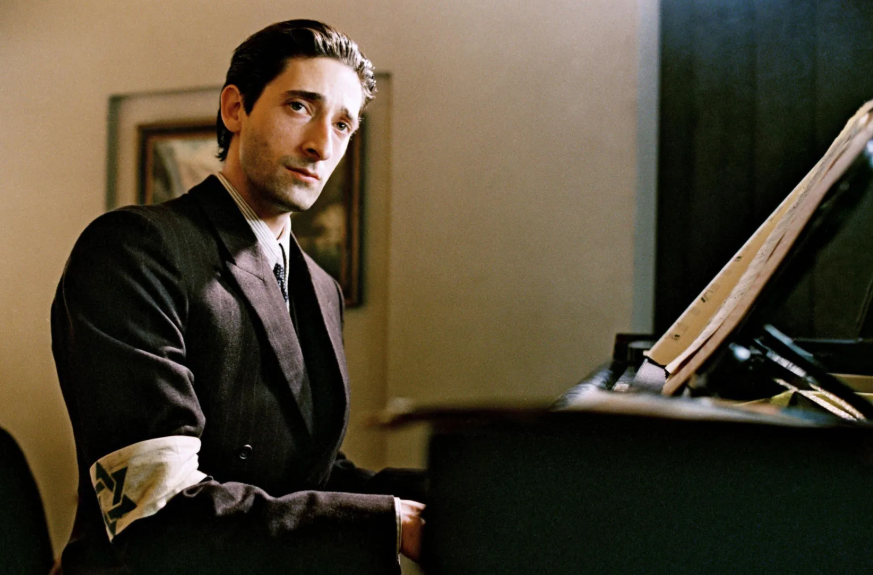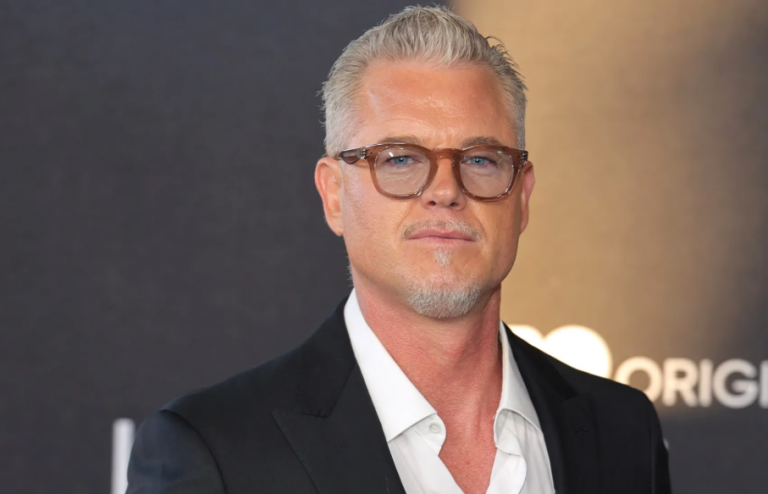Adrien Brody Opens Up About Near-Starvation and PTSD After The Pianist
Oscar-winning actor Adrien Brody has recently opened up about his long-hidden struggles with post-traumatic stress disorder (PTSD), stemming from his emotionally and physically demanding role in the 2002 film The Pianist. His comments, made in a series of interviews between late December 2024 and early January 2025, have sparked thoughtful discussion about the mental health impact of intense acting roles.
Brody, now 51, portrayed Władysław Szpilman, a Jewish pianist who survives the Holocaust in Nazi-occupied Poland. To prepare for the role, he lost over 30 pounds and isolated himself from family and friends. He also learned to play the piano and immersed himself deeply in the historical trauma of the character.
“I gave everything to that role,” Brody said in a December interview. “I had to disconnect from my life, my identity. When filming ended, I didn’t know how to come back.”
Brody explained that after production wrapped, he experienced emotional numbness, anxiety, and a sense of detachment from reality—symptoms commonly associated with PTSD. “It took a long time to understand what I was feeling,” he said. “No one tells you that your body doesn’t know it was acting. It holds on to the pain.”

Mental health experts have praised Brody for speaking out. They note that while PTSD is often linked to war or violence, it can also occur from prolonged emotional stress—including deep method acting roles. Brody’s willingness to share his experience has brought renewed attention to the psychological cost actors may face when they fully immerse themselves in emotionally intense characters.
Since his Oscar win at age 29, Brody has continued to build a diverse acting career. However, he admits that The Pianist left a lasting impact on his mental health. “It’s the proudest work I’ve ever done,” he said. “But it came at a price.”
In recent years, Brody has worked with therapists and developed healthier ways to prepare for roles. He now sets stronger boundaries between his personal life and his characters. “I still love the work,” he said. “But I’ve learned how to protect myself.”
His candid remarks have sparked supportive reactions from fans and fellow actors. Many praised him for his honesty and for helping to remove stigma around mental health struggles in the entertainment industry. Some actors have also shared their own stories of emotional burnout and post-project depression.
As of July 2025, Brody continues to work in film and television, balancing dramatic roles with creative producing. He said that while the scars from The Pianist remain, he feels stronger and more grounded than ever.

“I wouldn’t take it back,” he said. “But I wish I had known then what I know now about mental health and recovery.”
Adrien Brody’s story offers a powerful reminder of the emotional cost behind great performances—and the importance of mental health awareness, even in the spotlight.







